Self-employment 'reduces tax take' as firms avoid responsibilities
- Published
- comments
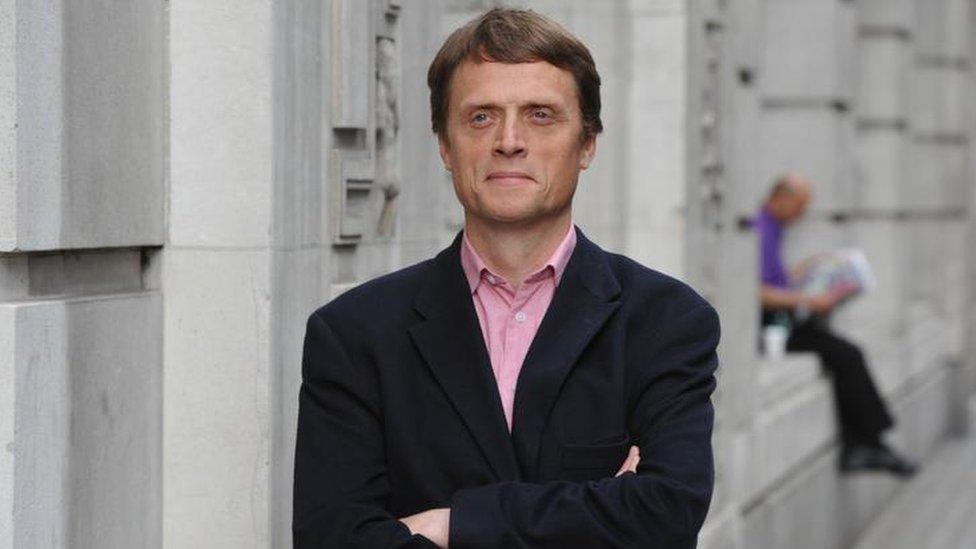
Matthew Taylor, RSA chief executive, is leading a review into new employment practices
The head of Theresa May's inquiry into the way millions of people work has said there is evidence businesses are using self-employment laws to avoid tax.
Matthew Taylor told the BBC that he wanted to see a new standard of "fair and decent" work which the public and private sector could sign up to.
He said that new flexible ways of working were very good for many businesses and people, but said a complicated tax system and lack of clarity on the law meant that employers and employees often clashed.
Some were deliberately using so-called gig workers to avoid paying contributions to the Treasury, he said.
"There is no question - and Phillip Hammond said this in the Autumn Statement - that when self-employment rose that reduces the tax take to the Exchequer," said Mr Taylor, who is head of the Royal Society for the Encouragement of Arts, Manufactures and Commerce.
"There are reasons why that might be a good thing in terms of how those people are working, but it is clear to a certain extent what is actually going on is, people are creating forms of work for themselves, or businesses are creating forms of work, to try to avoid tax.
Tax lost
"I think what should drive businesses is efficiency, productivity, innovation - not trying to evade tax.
"So, if we can make the system one where those incentives are less strong, then that would be an improvement."
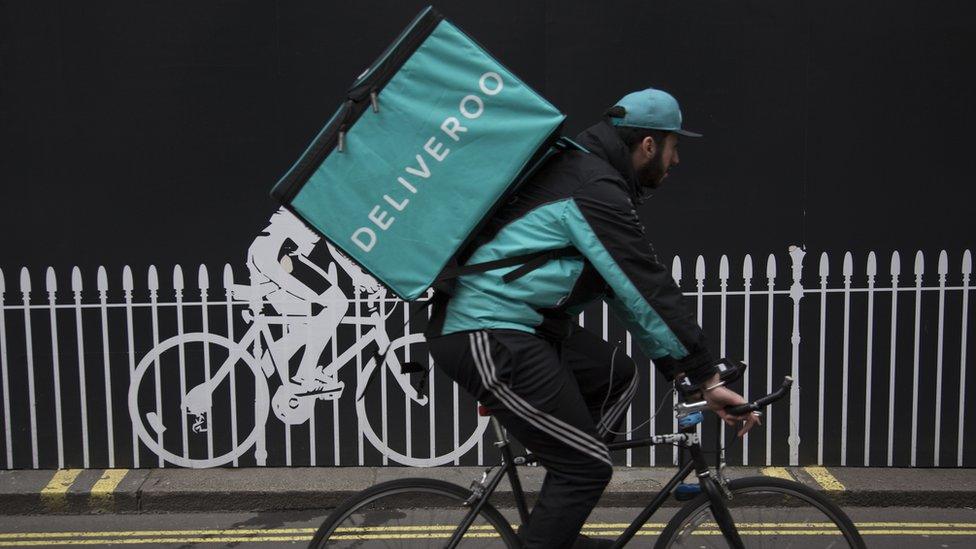
Some workers in the gig economy say they welcome flexibility over the hours they work.
His comments come on the day a report by the Trades Union Congress says the tax hit from the growth of "insecure work" could be as high as £4bn ($5bn) a year.
The TUC said that represented nearly a quarter of the social care budget spent in England.
The study claims that generally lower incomes for the self-employed and those on zero-hours contracts (which have been criticised for giving employees little job security) means that less tax is collected.
Lower pay, higher benefits
"The real worry here is the growth in low paid self-employment," Frances O'Grady, the general secretary of the TUC, told me.
"We see that both in terms of zero hours, and low paid self-employment, that people are much less likely to be paid as much as people in secure work."
Research from the Institute for Fiscal Studies revealed last week that a permanently employed person pays an effective rate of tax of 31% on their income
That falls to 22% for self-employed people, who pay lower levels of national insurance.
Businesses also save as they make no national insurance contributions and can avoid maternity and holiday pay entitlements.
Because self-employed people tend to be on lower incomes they also receive higher levels of benefits, another cost to the Treasury.
Choice or exploitation
The Chancellor has made it clear he is concerned about the issue and is likely to announce reforms to the tax system so that the treatment of permanent and self-employed workers is more equitable.
The first announcement on any major policy changes could come as soon as the Budget on 8 March.
Mr Taylor said that most people involved in new ways of working "choose and like" flexible jobs and zero hours, but some employees may face exploitation.
"This is a very complicated system," he said.
"And as we have seen with cases like Pimlico plumbers last week, or Uber a few weeks before, that the courts are making judgments which people find quite confusing.
"How can we introduce greater clarity so people know what their rights are, so business people designing a business can design it in the right way?
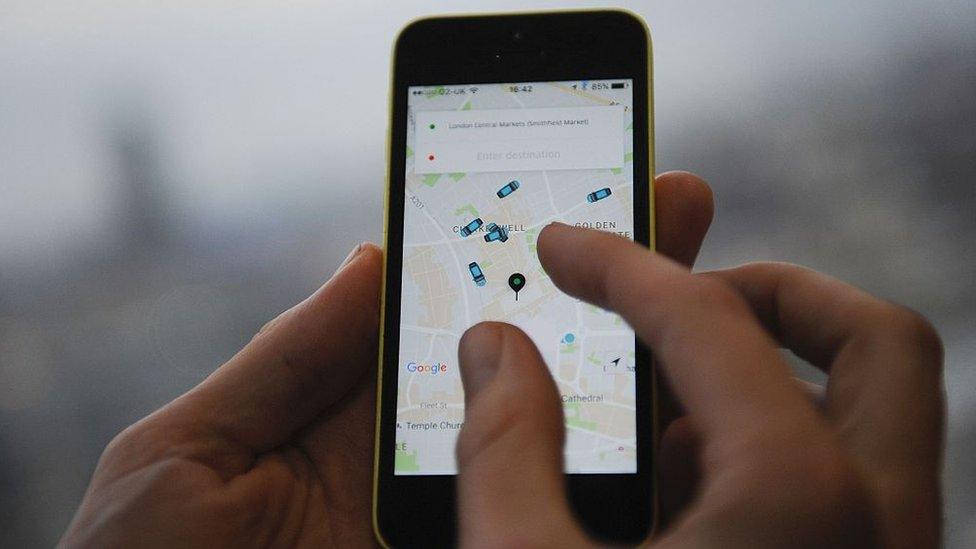
Several companies have been involved in legal disputes over the status of their workers
"It is clear to me the review I am leading on only makes sense if we as a country are committed to the idea of all work being fair and decent and [that] provides people with the opportunity for fulfilment and development.
"We have been great as a country at creating jobs, but not enough of those jobs are good jobs that provide people with opportunities to grow and to develop.
"I am hoping that the review will mark a turning point, a point at which as a country we say it is not just the quantity of jobs that matters it is also the quality."
Carrot and stick
Mr Taylor said there may not be a need for new legislation and that workers on boards was not always the best option for businesses seeking to involve employees in how the firm is run.
The Prime Minister initially appeared to support worker representation on boards before later backing away from the proposal.
"Generally I think carrot works a bit better than stick," Mr Taylor said.
"The problem with stick, when it comes to employment and tax, is that when you wave one stick people find a way round it and then you have to wave another stick and then you've got sticks all over the place.
"So if there are ways of persuading people to do the right thing by encouragement, by support, through engagement, then that is the route I would prefer to use."
- Published10 February 2017
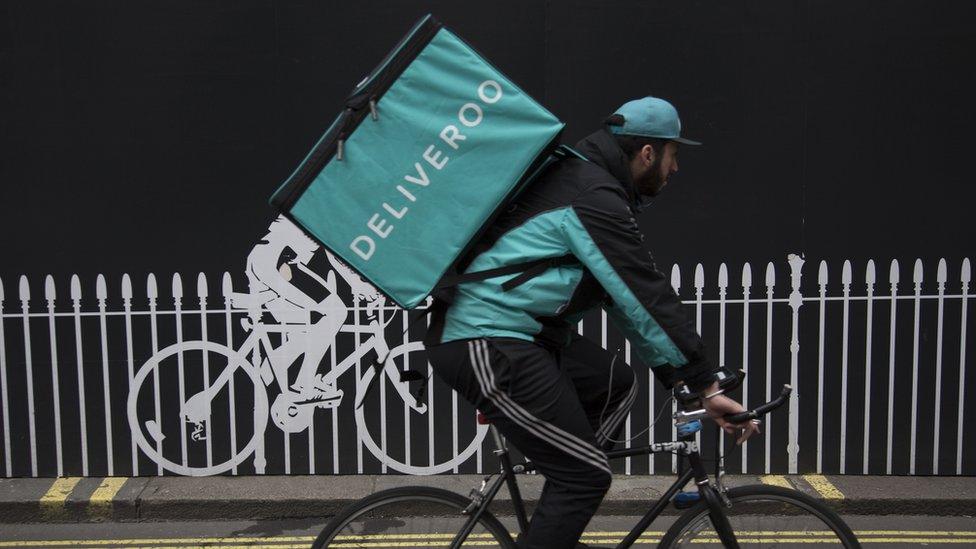
- Published30 November 2016
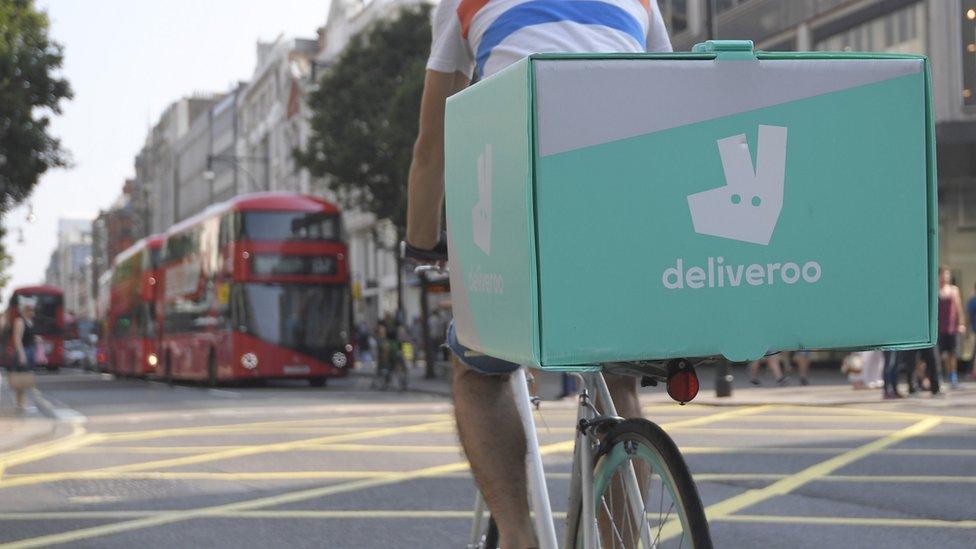
- Published10 February 2017
